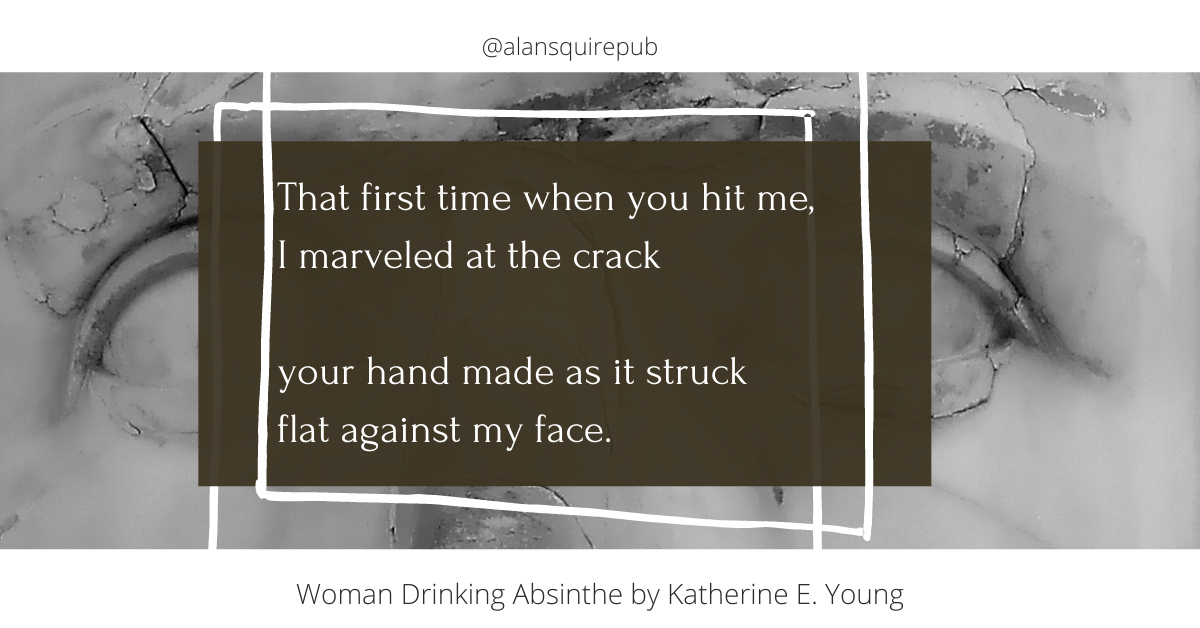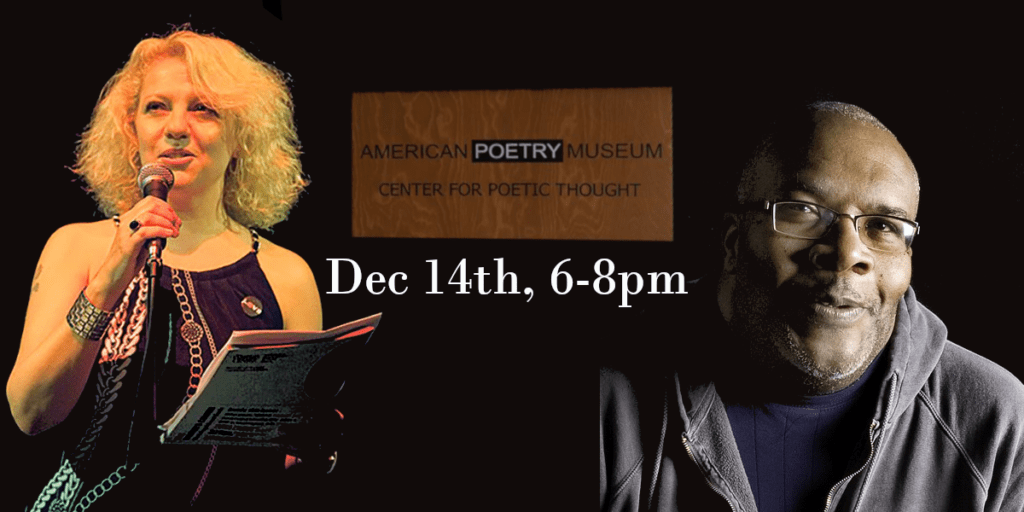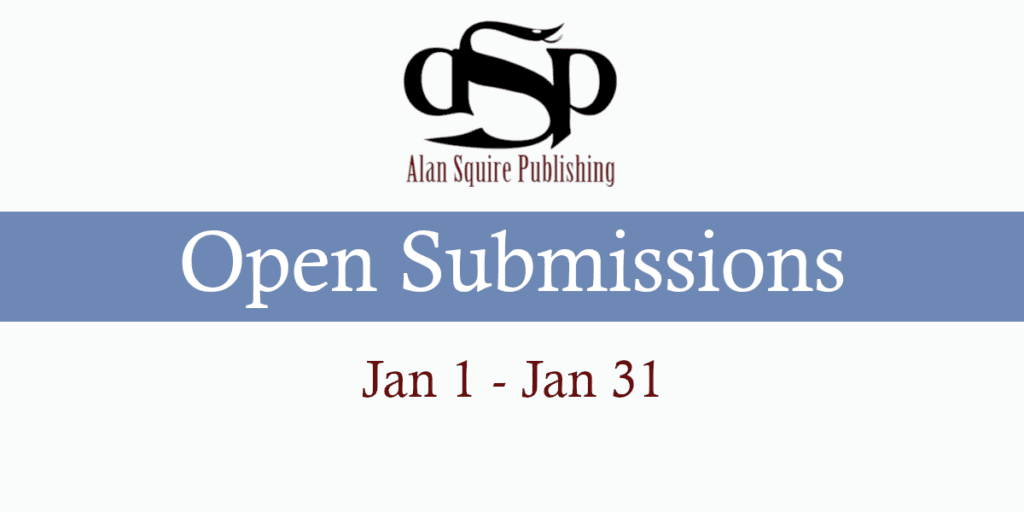WOMAN DRINKING ABSINTHE Analyzed by Billy Mills
Former Guardian Literary Journalist, Billy Mills, analyzes the conception of love in Katherine E. Young's new collection.

"Young’s core subject is love, but there’s nothing redemptive or particularly healing about its manifestations," writes Billy Mills in his analysis of Young's Woman Drinking Absinthe. Elsewhere he compares the different manifestations of this theme to coeval poets Christopher Jane Corkery and James Roome.
Mills analysis is fitting for Young's work which comes from a deeply literary place and is steeped in evocative allusion. Mills places WDA alongside the likes of Pound and Eliot in his thinking. Like these poets, Young uses unorthodox and historically informed forms and diction in her poetry.
An excerpt of Mills' analysis follows:
"The fourth (of five) sections of Katherine E. Young’s Woman Drinking Absinthe is a single sequence, ‘Place of Peace’ that takes off from a visit to the Civil War memorial at Shiloh National Military Park. The fourth section of the sequence opens with he line ‘Who doesn’t desire to be mesmerized by love?’ and ends ‘once more I fear the shadow of his hand.’ These lines could be said to serve as the twin poles of the entire collection.
For Young’s core subject is love, but there’s nothing redemptive or particularly healing about its manifestations."
The poems in Katherine E. Young’s Woman Drinking Absinthe concern themselves with transgressions. Lust, betrayal, guilt, redemption: Young employs fairy tales, opera, Impressionism, Japonisme, Euclidean geometry, Greek tragedy, wine, figs, and a little black magic to weave a tapestry that’s as old as the hills and as fresh as today’s headlines.
Reuben Jackson and Rose Solari to Read at the American Poetry Museum
Reuben Jackson and Rose Solari will be reading together at the American Poetry Museum on Dec 14th. But their history of reading together doesn’t start there.
Incoming: Early 2020 will be the first ASP Open Submission Period
This new year, we want your unpublished poetry and novel manuscripts!
A Writer’s Legacy: The Mission Behind the Peabody Reader and The Legacy Series
The small press world can be incredibly difficult for the lifelong writer. To publish your works and to watch them fall into “out of print” status due to the vagaries of an industry is not fair to the author nor their art. That is why ASP is rethinking how to publish writers who’ve established themselves in the independent community.


